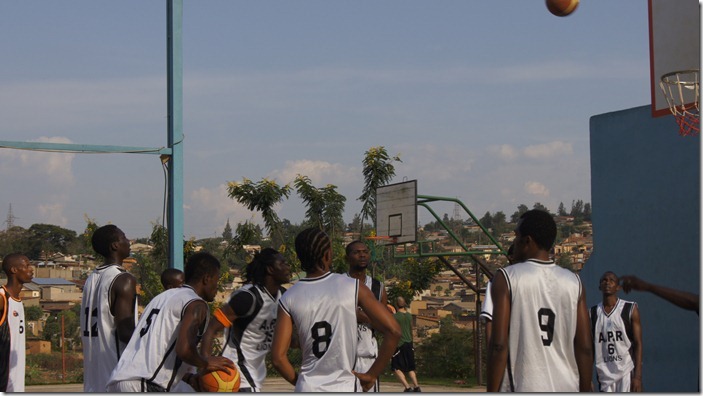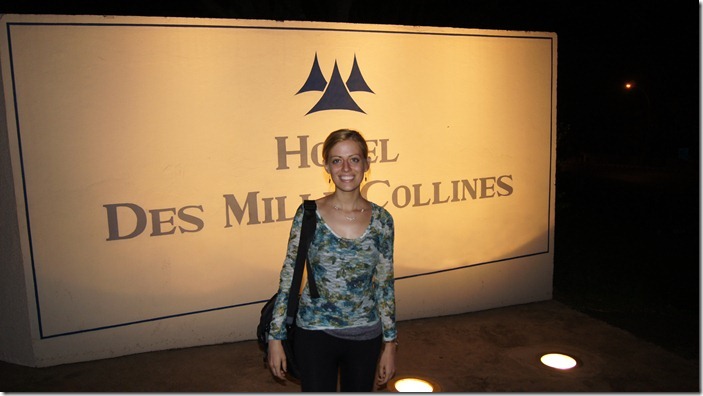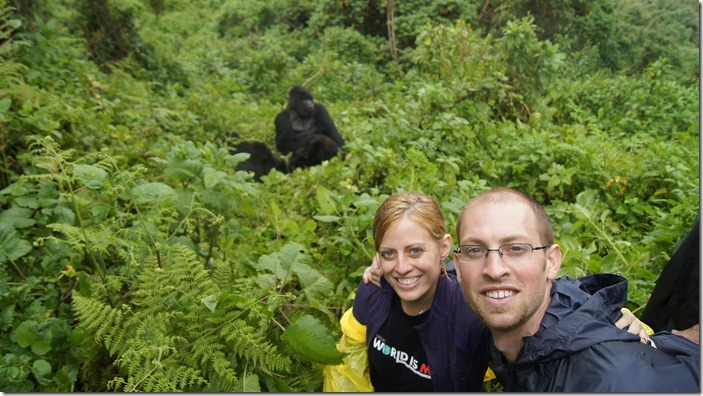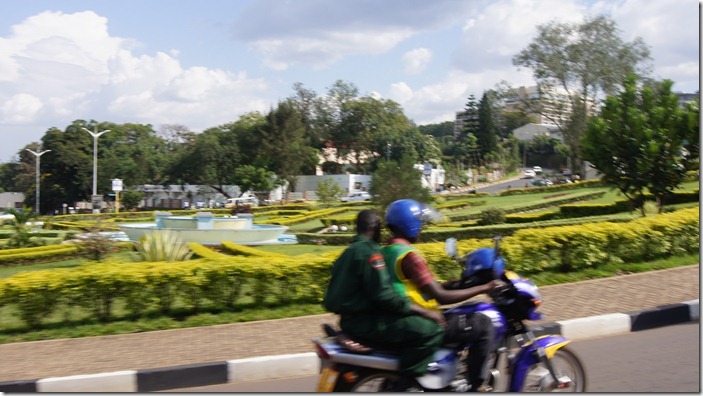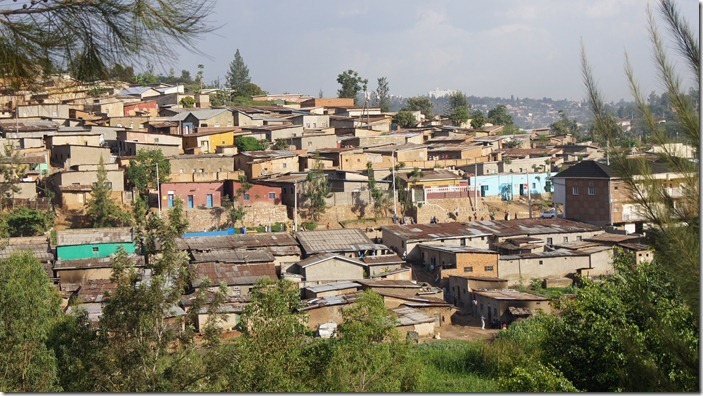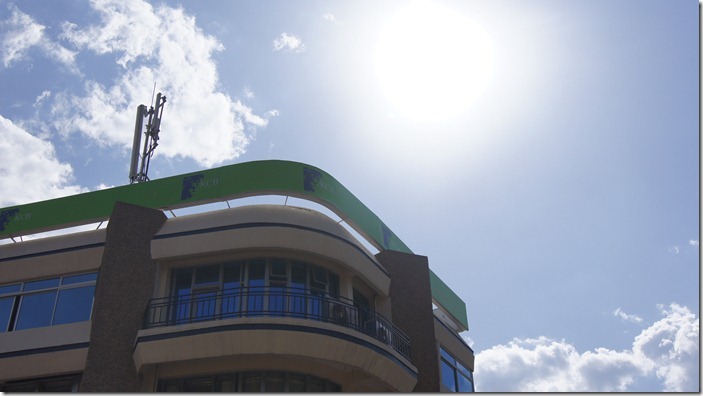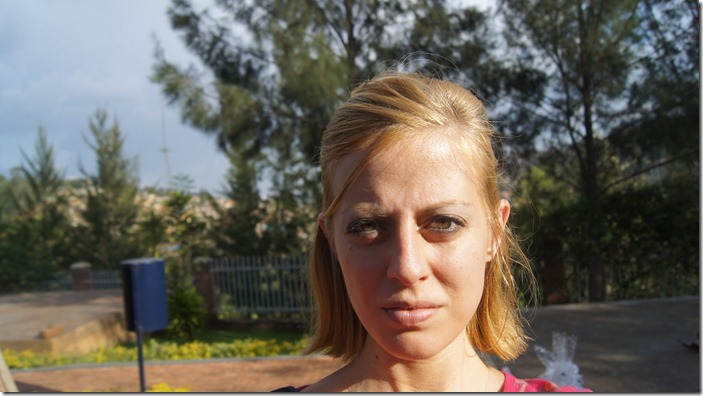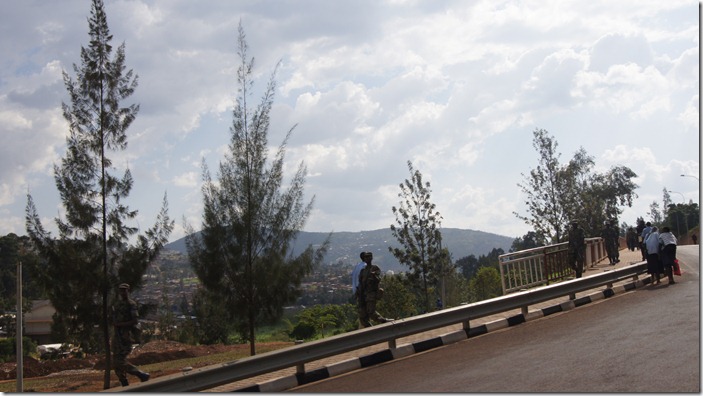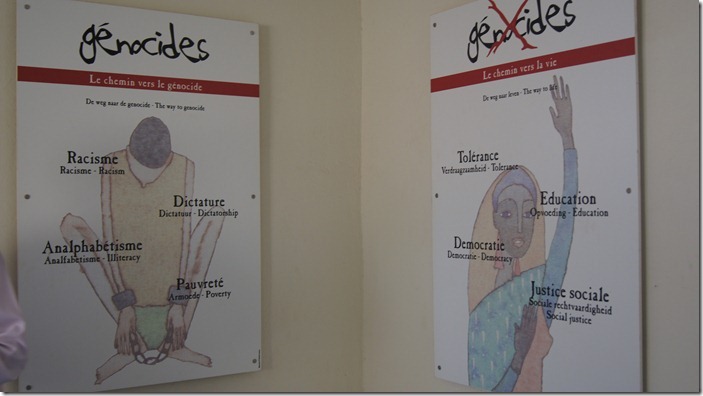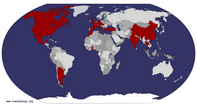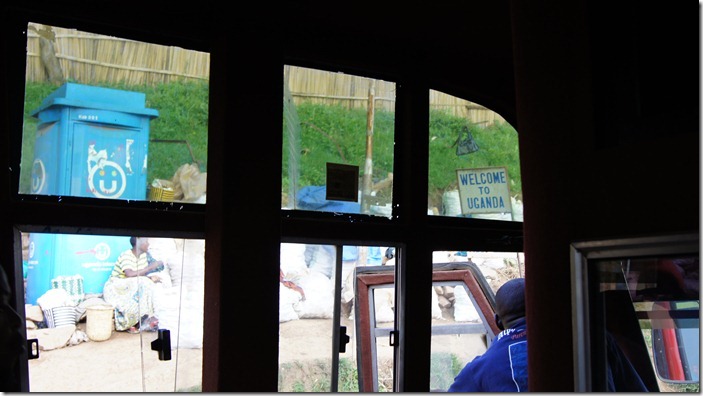
Riding Kampala Coach bus service into Uganda
It was in Church in Uganda that I had my realization about Africa.
The lady next to me in the Kampala Kololo Relief Society said this:
“We Africans are lazy! And God knows this about us. A long time ago I went to Europe. And I looked at the thermometer and it said it was –10 degrees outside! I called my sister and I said, “I’m bout to freeze here just like a chicken!” So God hasn’t given Africans winter because He knows we’re too lazy and we’d just die…Life in the village is so wonderful. We can sleep as much as we want, and when we’re hungry we just climb a tree and get some fruit. God has blessed us. We don’t have problems with earthquakes and tsunamis like Japan. We have everything we need.”
And I realized:
Wait a minute. It’s true. The land here is so green and lush. There is no winter. There are no natural disasters.
It is, or could be, a blessing to be born in Africa.
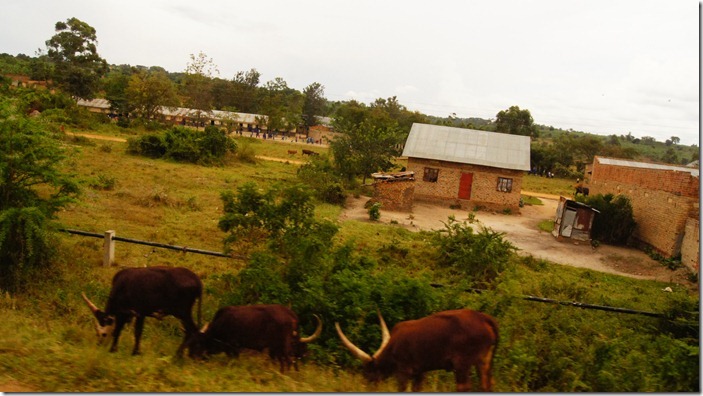
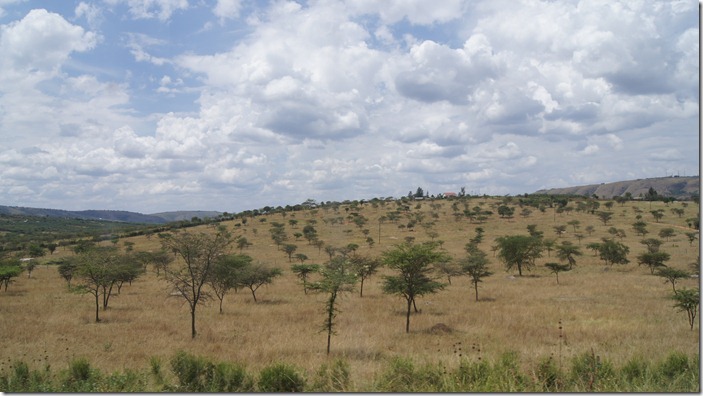
Africans have a wealth of resources right underneath their fingertips. The animals, the vegetation, the diamonds etc. It is up to them to capitalize on them—it’s not up to America or Europe. We’ve “helped” (and damaged) them enough already. Africans must learn to help Africans.
Living in Africa is an awakening. It’s seeing lives lived with problems that seem insurmountable. Where to start? The governments are unstable, the police are corrupt, 3/4 of people are unemployed at any given time, there are droughts, famines, AIDS and malaria outbreaks, child soldiers and prostitution, alcoholism (Uganda has the most alcohol consumption per capita in the world), illiteracy, lack of neighborhood cohesion, witch doctors for healthcare, no pride in one’s country, violent crime, war.
Most surprising of all, though perhaps it is to be expected: the family is broken apart. Some stats say that 90% of Kenyan men are unfaithful to their wives for example.
I asked a Canadian girl who had lived in Africa for years:
“Why do you suppose Africa is always at war?”
She replied, “That’s a very difficult question. I don’t know the answer.—But then, America is always at war, too, isn’t it?
I paused, taken aback: “True.”
Anyways, the question of why Africa is so besieged with problems could take years of discussion.
Jacob believes it’s the lack of winter—winter forces development.
I believe it’s lack of entrepreneurs—almost all the people who own businesses that we’ve seen in East Africa are actually Indians. For all the people we see just sitting around, it’s really amazing that more people don’t try to start a business. The hotels we stay in are foreign-run, and often even the tourist activities are headed by foreigners, not Africans. Economic problems breed hatred here—hatred toward leaders and toward people who are successful.

A preacher we met in Kigali genuinely believes that Africa is cursed. It certainly feels that way, let me tell you…
But these problems are created by the Africans and they must be solved by the Africans. I don’t believe we can be the saviors of the world, though Americans sure try to be… We can, of course do what we can to help. But---
We cannot force on people what they do not want for themselves.
African people must want development and must work for development. They must vote for leaders with integrity. They must build their own schools and not chase away talented and intelligent people with wrongheaded policies and low quality of life. They must stop allowing corruption. They must build businesses. They must plan for the future so when the drought or famine comes they have stored food. They must learn from their mistakes. They must get married and stay married. They must stop practicing witchcraft on one another
(Jacob has been hexed already. He thinks it was a joke. Let’s hope. He cast a spell on them in return.)
They must learn to serve one another, the main focus of all successful businesses.
And they can do it, but they must want it and they must do it—the African way.
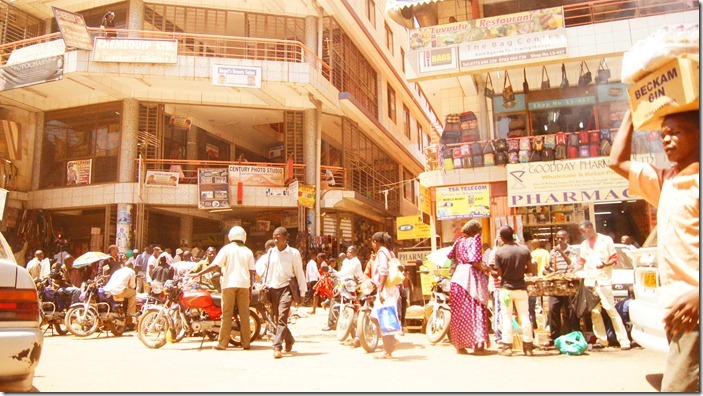
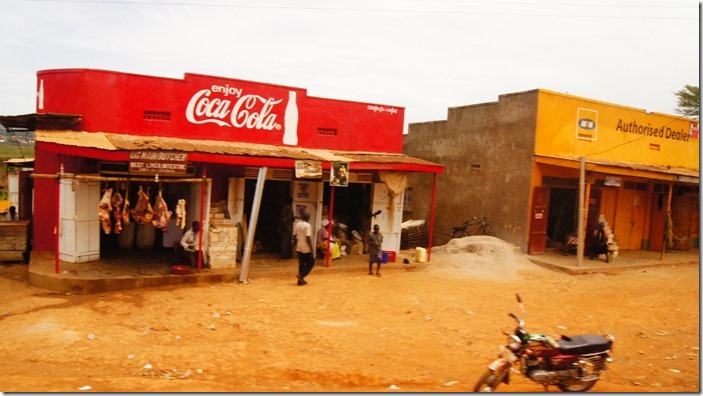
We can’t do it for them.
What the West-aiding-Africa culture has engendered, though idealistically it sounds humane, in real life, is Africans literally expecting things from us just because we’re white. If we go grocery shopping the guard of the mall, armed with a gun, naturally, says, “Even this one I want” pointing to the drink Jacob is drinking. Children follow us and demand, “Give me money. Give me pen.” Not so much as a please or thank you. The shipping of free clothes to Rwanda means that everyone wears US brand clothes instead of buying clothes from Rwandans, destroying the clothes industry there because why buy clothes from Rwanda when you can get them free from America? Everyone in Ghana assumed I worked for an NGO, because why would a white person visit a black country without plans to “help”--
Just because we’re white and they’re black. We’re American, and they’re African. It sucks and frankly, we’re getting tired of it. If anyone comes here to work in an NGO, I wish it could be African Americans, to show that it’s not skin color that marks success. But the African Americans I know don’t even know which country their ancestors come from. They are remarkably separated from their history, and the NGOs that I have seen are run completely by white people.
The president of the United States of America’s father came from Kenya. The most powerful person in the world is black.
Anything is possible for the people here too, but I don’t know that they have that kind of vision.
Another Sunday in Rwanda, I sat through a testimony with tears dripping down my face as a youth spoke of his conversion to the Church. He said that he was starving and he asked his family for food and they didn’t have any and he asked his neighbors and they didn’t have any and so he started begging on the side of the road. And an American girl came and told him that his Heavenly Father loved him, and to come to Church with her. And he is now an English teacher and he’s not hungry anymore and he lives with hope for the future.
I will never know what it is like to go hungry. I will never know what it is like to grow up a poor African child and see wealthy, well-fed white people come visit my city.
I’m glad to know that I can still be affected by the misery that we see, and I don’t want to become jaded, but I can’t help but feel this:
Africa, it’s time for you to take some accountability for your own.









